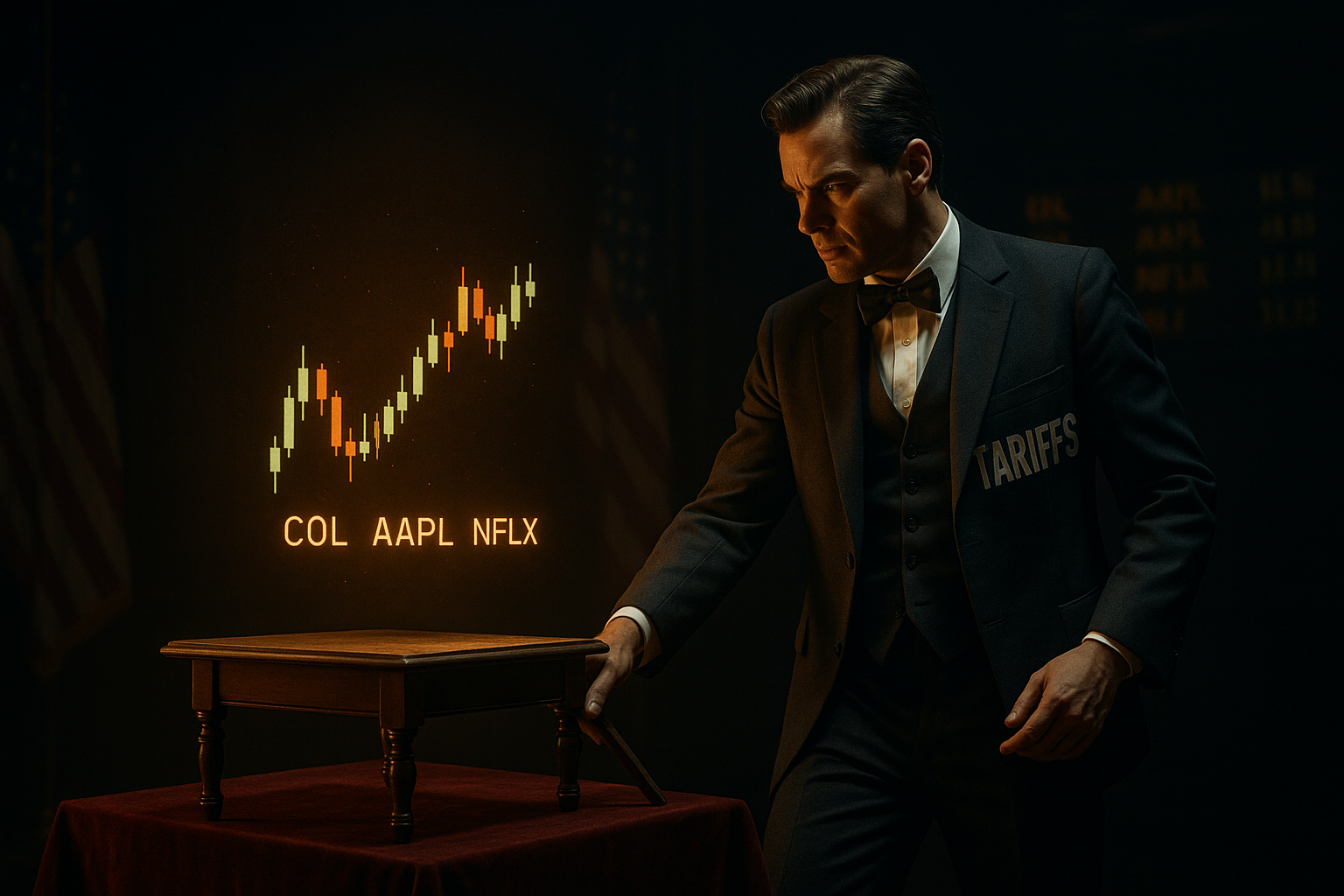I've been watching investors lately with a weird sense of déjà vu. There's this collective forgetting happening—a kind of financial amnesia that's both fascinating and deeply troubling.
Spend five minutes on Reddit's investing forums or scroll through FinTwit and you'll see it immediately. Everyone's got their certainty: recession's coming! No, we're fine! Market bottom is in! No, we're about to crash harder!
But what strikes me isn't the disagreement. Hell, markets need that. It's the historical blindness that's jaw-dropping.
These commenters act like economic history began somewhere around March 2020. As if nothing relevant happened before COVID. As if 2008 never even happened.
And that's... well, that's dangerous.
Because 2008—which, by the way, nobody was calling "2008" while we were living through it—offers exactly the blueprint we need right now. It shows us, in excruciating detail, how economic disasters unfold not with some dramatic crash but through a series of confusing whimpers, false starts, and delayed pain.
Let me take you back. (I covered markets through that entire mess, and trust me, the parallels are eerie.)
The Great Recession technically began in December 2007. The catch? Nobody knew it at the time. Not you, not me, not even the economists who literally decide when recessions start and end. The National Bureau of Economic Research didn't make it official until December 2008—a full year later!
By then, Lehman was already gone. Bear Stearns was ancient history.
Most folks didn't feel the recession's teeth until mid-to-late 2008, even though it had been quietly eating away at economic foundations for months. The stock market started its funeral march in October 2007 when the S&P 500 hit its peak. But—and this is crucial—it didn't bottom until March 2009. That's a 17-month descent into madness, punctuated by several moments of false hope.
During that long, painful slide, we saw multiple rallies exceeding 20%. Wall Street calls these "dead cat bounces," which is both morbid and weirdly accurate. The market kept offering hope before yanking it away again.
Even GDP—that sacred number we worship—showed quarterly growth during parts of the recession! The second quarter of 2008 posted 2.3% growth, smack in the middle of financial armageddon.
This pattern isn't some weird anomaly. It's how recessions work.
They don't announce themselves with flashing neon signs. They arrive disguised as "temporary slowdowns" and "necessary corrections" before eventually revealing their true identity.
Which brings me to now.
All these heated Twitter debates about "are we in a recession?" miss the point entirely. We typically don't know we're in one until we're drowning in it. Those indicators everyone obsesses over? They're backward-looking and get revised more often than celebrity wedding vows.
Look, policy impacts—whether from Biden's stimulus or Powell's rate hikes—move through the economy like molasses. Sometimes really cold molasses. Their full effects won't be clear for months or years. That's just reality.
The market itself tries to be forward-looking but, let's be honest, it's as emotionally stable as a teenager after a breakup—prone to both overreaction and bizarre complacency. Remember, markets bottomed in March 2009, the recession officially ended in June 2009, but ask the average American when the Great Recession ended? Many would tell you they felt its effects for years afterward.
(I interviewed families in 2012 who were still living in their cars. Try telling them the recession ended in 2009.)
The wiser approach isn't confidently declaring we're headed for doom or boom. It's acknowledging how little we can actually see in real-time.
Time in the market beats timing the market not because it's impossible to identify tops and bottoms—though it pretty much is—but because being wrong hurts more than being right helps. That's the asymmetry nobody wants to admit.
Economic cycles haven't been repealed, despite what some tech bros might claim after their third Red Bull. Recessions remain inevitable, though their timing and severity are anybody's guess.
So maybe—just maybe—we could all use a dose of historical humility. The lesson of 2008 isn't that crashes are always around the corner or that history repeats exactly. It's that economic turning points only become obvious in hindsight, while living through them feels like driving in dense fog with a cracked windshield.
The next time someone confidently proclaims economic certainty, remember: even the smartest experts don't know for sure.
And that's not a failure of economics—it's just how this messy, human-driven system works.




